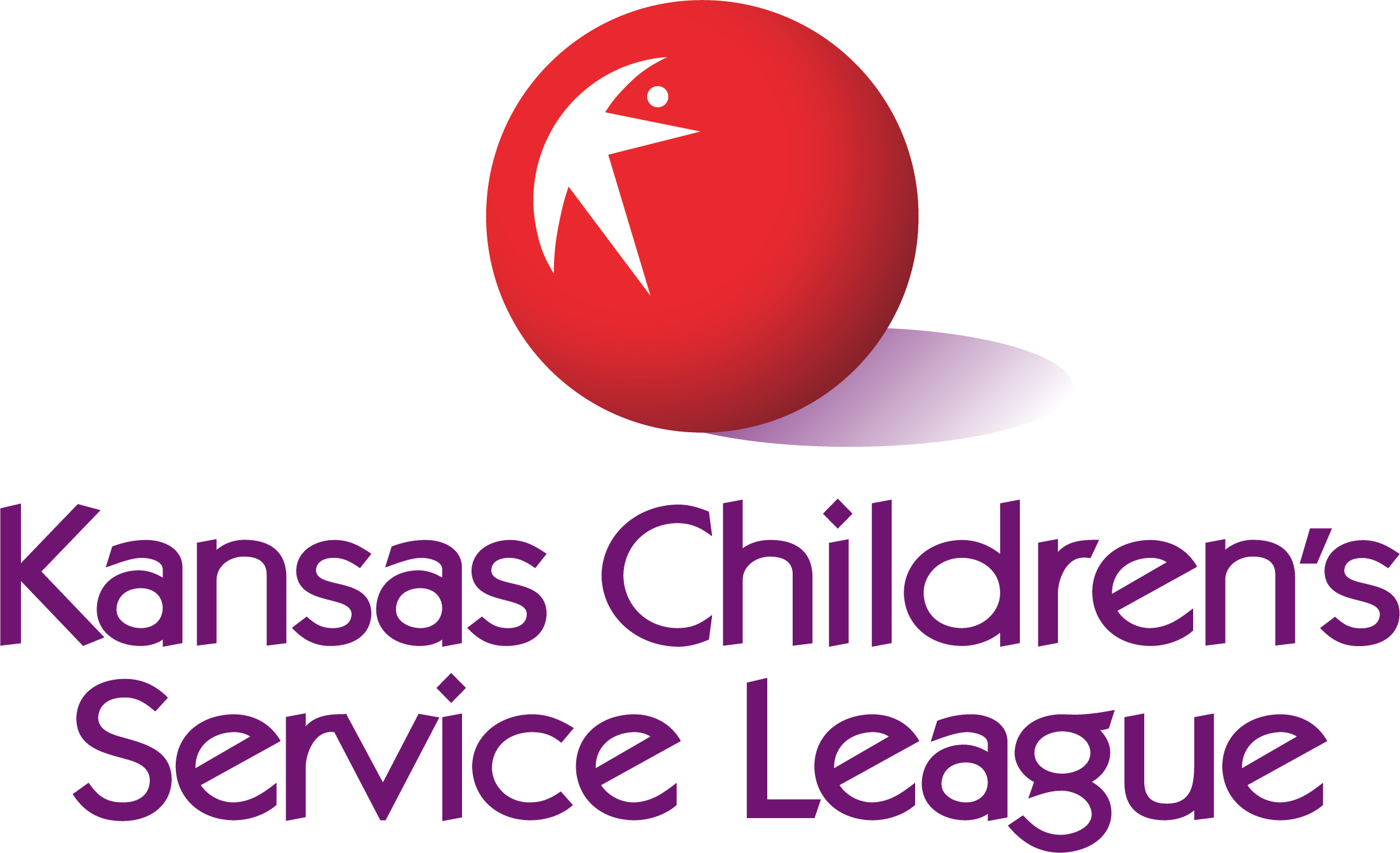 Our world has drastically changed this year due to the coronavirus pandemic. We all have been educated about steps to ensure our physical health is intact, symptoms to look for and how to receive medical care when necessary. But how do we guarantee our family’s mental health is stable and well? What signs do we look for that may indicate mental health struggles? Where do we seek care when mental health needs arise?
Our world has drastically changed this year due to the coronavirus pandemic. We all have been educated about steps to ensure our physical health is intact, symptoms to look for and how to receive medical care when necessary. But how do we guarantee our family’s mental health is stable and well? What signs do we look for that may indicate mental health struggles? Where do we seek care when mental health needs arise?
May is Mental Health Awareness month and an apt time to begin this discussion. While mental health struggles are not isolated to times of a global pandemic, these circumstances can have a major impact on mental health. Fear and worry about the coronavirus disease and the isolation that comes with stay at home orders can be overwhelming for both adults and children. With little warning, children and adolescents were expected to adapt quickly to an unfamiliar way of learning at home. They cannot see their friends or participate in sports and activities. Significant milestone celebrations were cancelled or postponed. Parents are now wearing more hats than ever. They are expected to manage their emotions and the emotions of their children, more often than not, with no breaks. It is no surprise many parents are feeling overwhelmed.
SIGNS OF DISTRESS
Everyone responds to stress, grief, and anxiety differently. Some common behavioral changes in children and adults that may indicate mental health struggles include:
- Increased irritability or emotionality
- Increased ‘clinginess’ (or separation anxiety in children)
- Increased fatigue/changes in sleeping patterns (sleeping a lot less or a lot more than is usual)
- Changes in appetite or eating patterns
- Becoming frustrated easily or prone to anger/tantrums
- Difficulty with basic self-care (daily grooming and cleanliness)
- Increased resistance or defiance
- Numbing out (such as significant increase in screen time activities) and isolating
- Boredom (“I’m bored” often translates to “I’m sad/struggling”)
Young children tend to express how they’re feeling through play. You may see increased themes of separation; death/dying/illness; being stuck/trapped; losing/missing things; superheroes/saving; or scary things/being scared during your child’s play time. This is a healthy way for children to work through feelings, though being stuck on one theme over a significant period of time may indicate emotional struggles.
WHAT CAN WE DO?
Parents can do a number of things at home to address and minimize these struggles. Showing empathy and patience is important when our loved ones are exhibiting signs of stress, grief or trauma. Children need to feel safe, secure and positive about the present and the future. Sharing stories of people and communities working together to find creative solutions to difficult problems and overcoming adversity can be healing and reassuring. Emphasize positivity.
- Provide age appropriate information about current circumstances. Limit exposure to media and adult conversations regarding the pandemic.
- Maintain social connections. This requires some creativity, but is incredibly important. Video chat, write letters, etc.
- Practice the 3 “R’s”:
Reassurance – reassuring our children that they are safe. Have discussions with your children about what steps THEY can take to assist in ensuring safety (hand washing, covering their cough, making safe choices, etc.).
Routine – Keep a routine! People do better when they know what to expect. Maintaining routine provides a sense of safety and predictability. Regular bedtimes, meals, schedules for learning and play time are all beneficial to help put us at ease.
Regulation – Assist children in developing self-regulation skills. When we are stressed, our bodies activate their stress response systems. Reactions can be managed by validating children’s feelings (“I know this might feel scary/overwhelming”) and encouraging the child’s participation in self-regulating activities such as exercise, deep breathing and regular routines for sleep and eating.
CREATE TIME FOR SELF-CARE
The best thing you can do for your children is to ensure your own wellness. Social connection, hobbies, getting outdoors, physical activity and laughing are all great self-care techniques. On airplanes, they tell us to put on our oxygen mask before assisting others. The concept here is no different. Take time for yourself!
SEEK PROFESSIONAL HELP
Emotional and behavioral changes are normal and expected at this time. Ongoing patterns of emotional or behavioral concerns that do not resolve with supports may require professional help. Concerns may include nightmares, excessive focus on worries/fears, increased aggression, regressive behaviors and self-harm. Our community has many great mental health professionals and agencies providing services for children and adults.
 Kansas Children’s Service League (KCSL) provides therapeutic services for children ages 2 to 18. If you feel your child may benefit, contact KCSL at (316) 686-6671 to schedule an intake or visit their website for more information. For adult services, websites such as betterhelp.com and psychologytoday.com provide extensive clinician directories in our area. If you or your child are experiencing a mental health emergency, contact Comcare Crisis at (316) 660-7500 or dial 9-1-1.
Kansas Children’s Service League (KCSL) provides therapeutic services for children ages 2 to 18. If you feel your child may benefit, contact KCSL at (316) 686-6671 to schedule an intake or visit their website for more information. For adult services, websites such as betterhelp.com and psychologytoday.com provide extensive clinician directories in our area. If you or your child are experiencing a mental health emergency, contact Comcare Crisis at (316) 660-7500 or dial 9-1-1.
 Bethany Beal, LSCSW, has been in the mental health field for 8 years. She has experience working with children, adolescents, adults and families.
Bethany Beal, LSCSW, has been in the mental health field for 8 years. She has experience working with children, adolescents, adults and families.
Bethany’s therapy practice is built on the belief that her clients have the ability to develop necessary skills to reach their goals.
Bethany earned her degrees from Wichita State University and is KCSL’s Outpatient Mental Health Program Manager.















